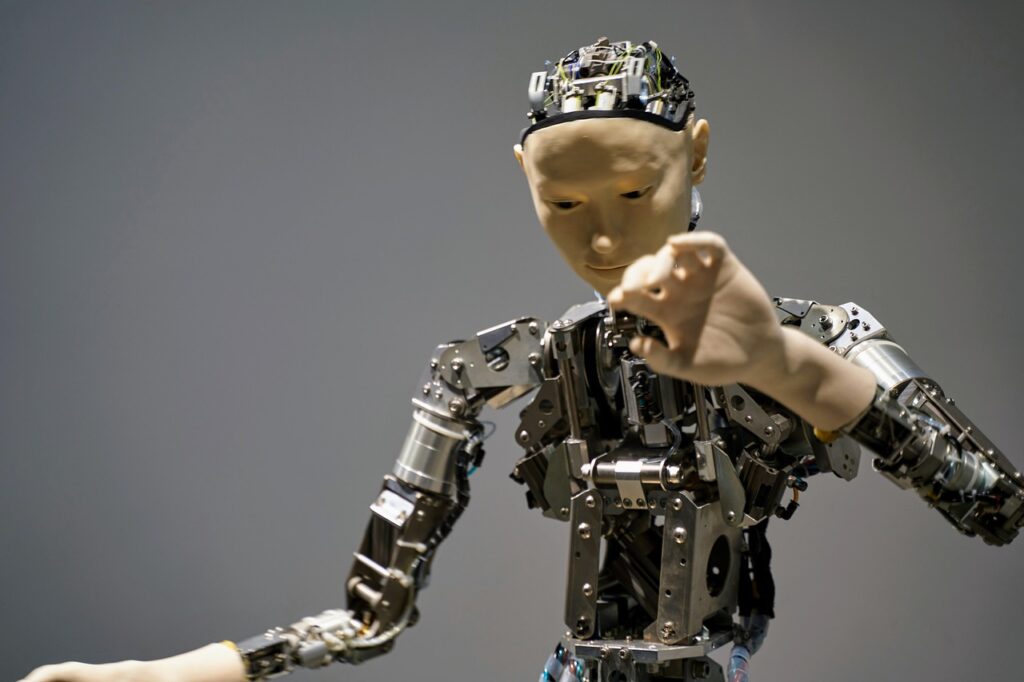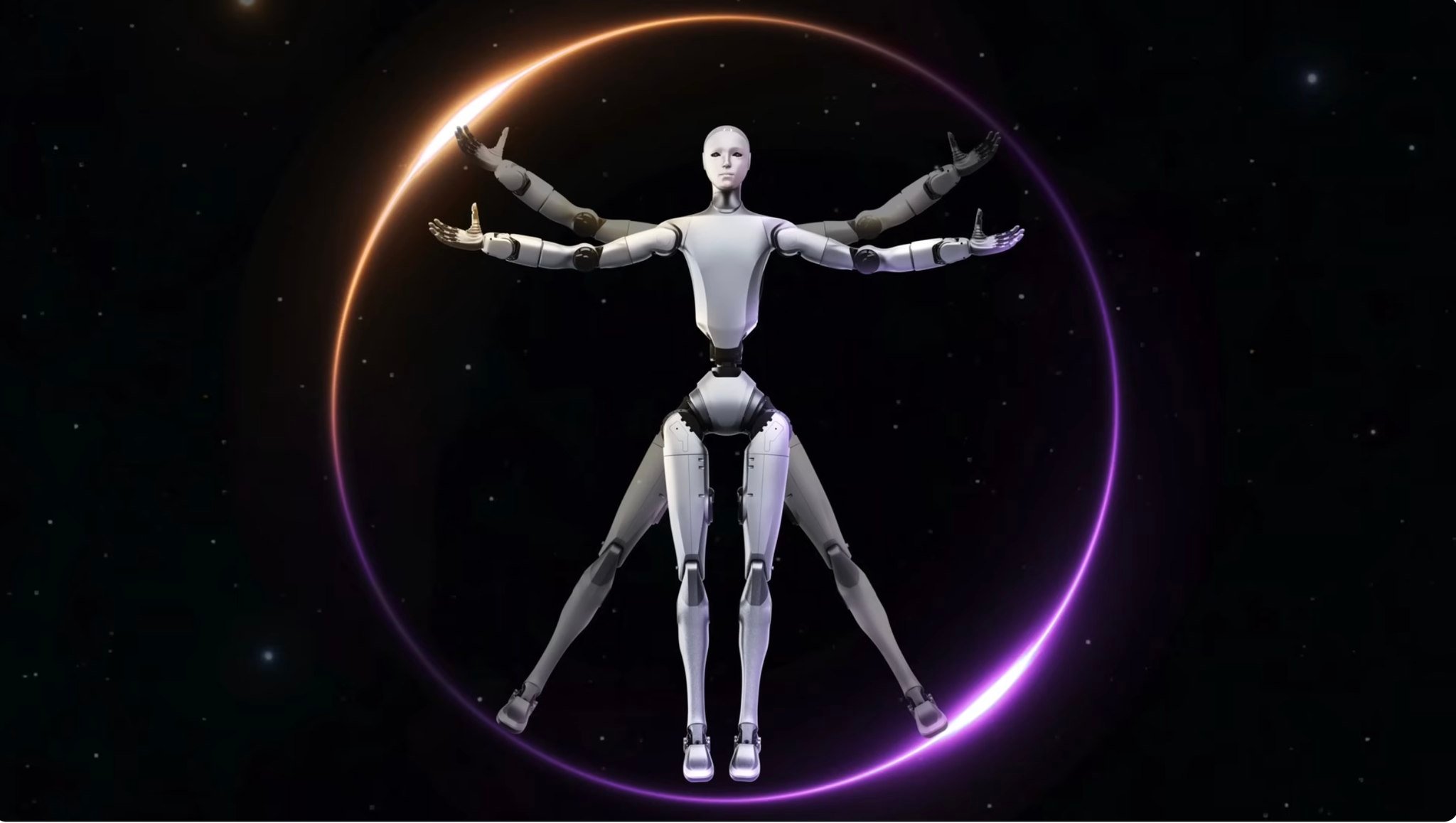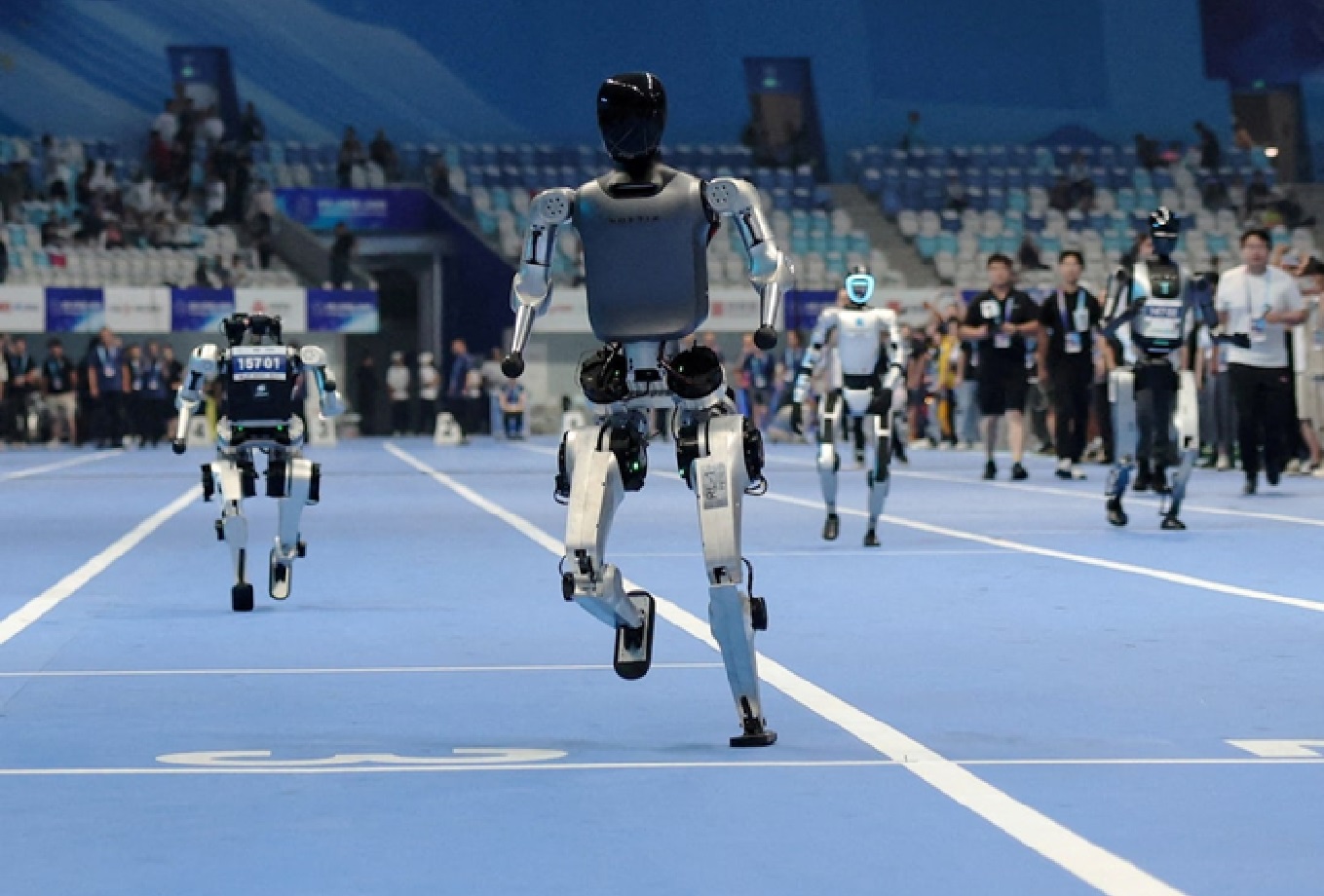In a move that feels straight out of a sci-fi film but is very much our reality, Beijing has unveiled what’s being called the world’s first “Robot Mall”—a four-story retail complex dedicated entirely to artificial beings that can serve drinks, stack pharmacy shelves, and even perform traditional lion dances.
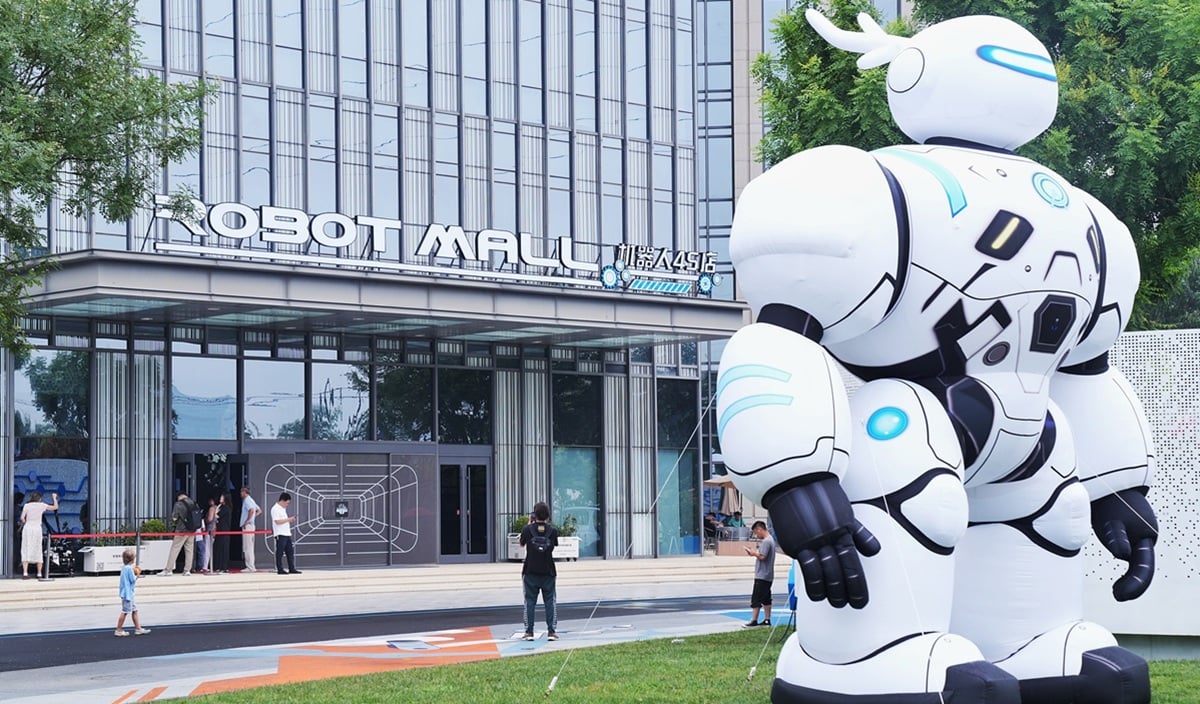
Located in Beijing‘s E-Town district, this futuristic shopping destination brings together more than 50 robot brands from over 40 manufacturers, most of them Chinese companies like Unitree Robotics and UBTech. The timing couldn’t be more strategic, coinciding with the 2025 World Robot Conference and riding the wave of China’s aggressive push into AI and robotics commercialization.
The mall operates on what industry insiders call a 4S dealership model: sales, service, spare parts, and customer surveys—allowing potential buyers to not just purchase their mechanical companions but also ensure they stay operational.
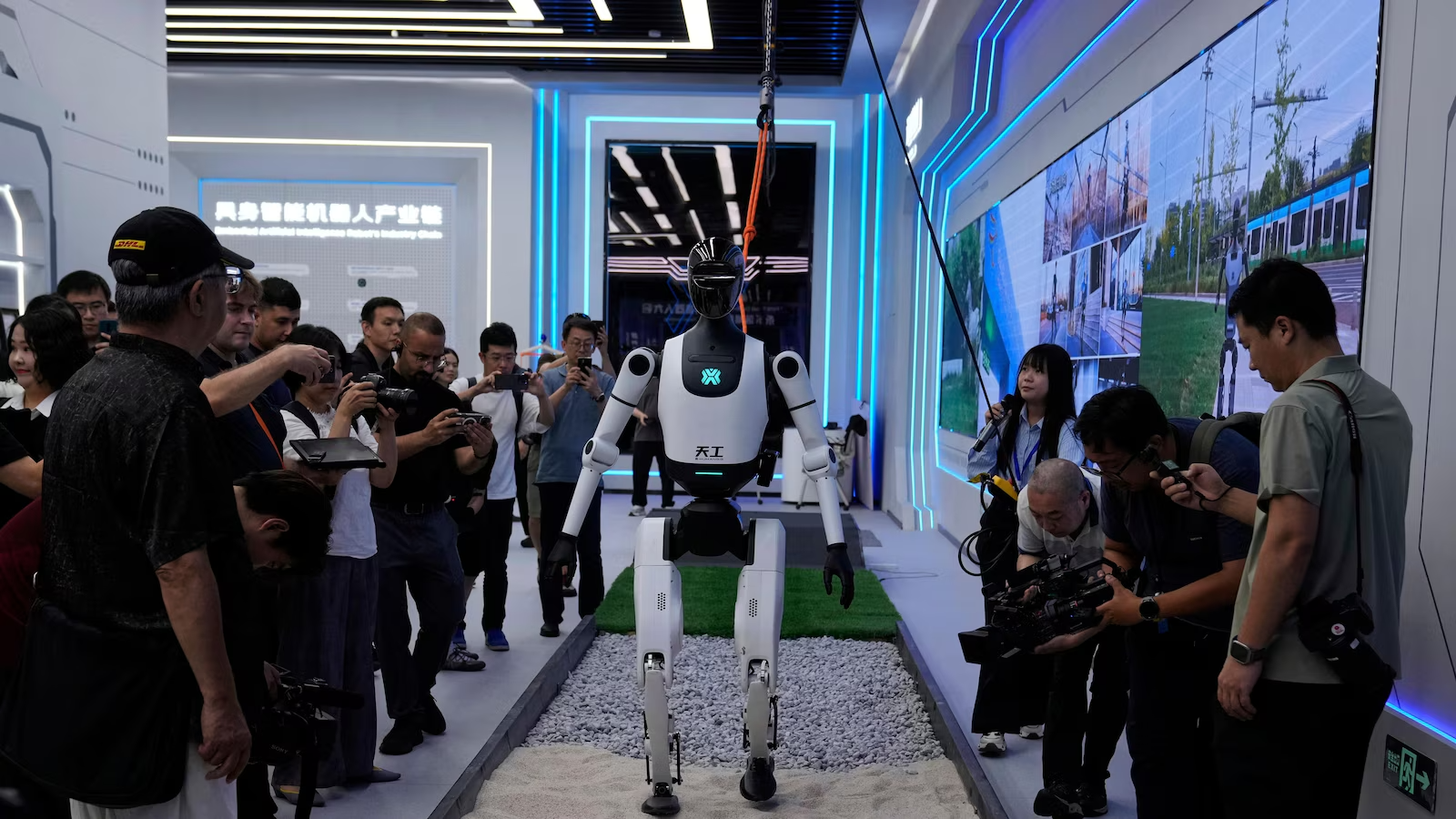
As for the actual shopping part, the price range is pretty staggering, starting from around RMB 2,000 (approximately USD 275) for simple consumer robots to several million yuan for advanced industrial humanoids. Among the most eye-catching items are humanoid replicas of historical figures like Albert Einstein, though specific pricing for these premium models varies significantly.
Other available products include robotic pets, service humanoids that can work as concierges, warehouse automation units, and medical service robots. Some models play chess, others sort waste, and a few can even participate in robot soccer matches.
And visitors can do more than just shop. They can experience robot-themed dining at a neighboring restaurant where robots cook and serve food, watch robotic performances, and test drive various models before making purchasing decisions.
The 4,000-square-meter facility showcases seven major categories of robots, creating an immersive experience that bridges the gap between science fiction and consumer reality. The mall represents more than just a retail experiment. It aligns perfectly with China’s recently announced plans for substantial subsidies and development initiatives to accelerate AI and robotics advancement. Analysts project China’s robotics market to grow at about 23% annually, reaching approximately $108 billion by 2028.

For now, Beijing’s Robot Mall stands as a fascinating glimpse into a future where purchasing a robot might become as commonplace as buying a smartphone—albeit with slightly more existential implications. To see what experiencing this mall could be like, watch DRM News’ comprehensive tour below. And if you’ve missed our story about China’s first-ever robot PhD student who has a passion for drama and film studies, check that out here.
Cover image via Gizmodo.





